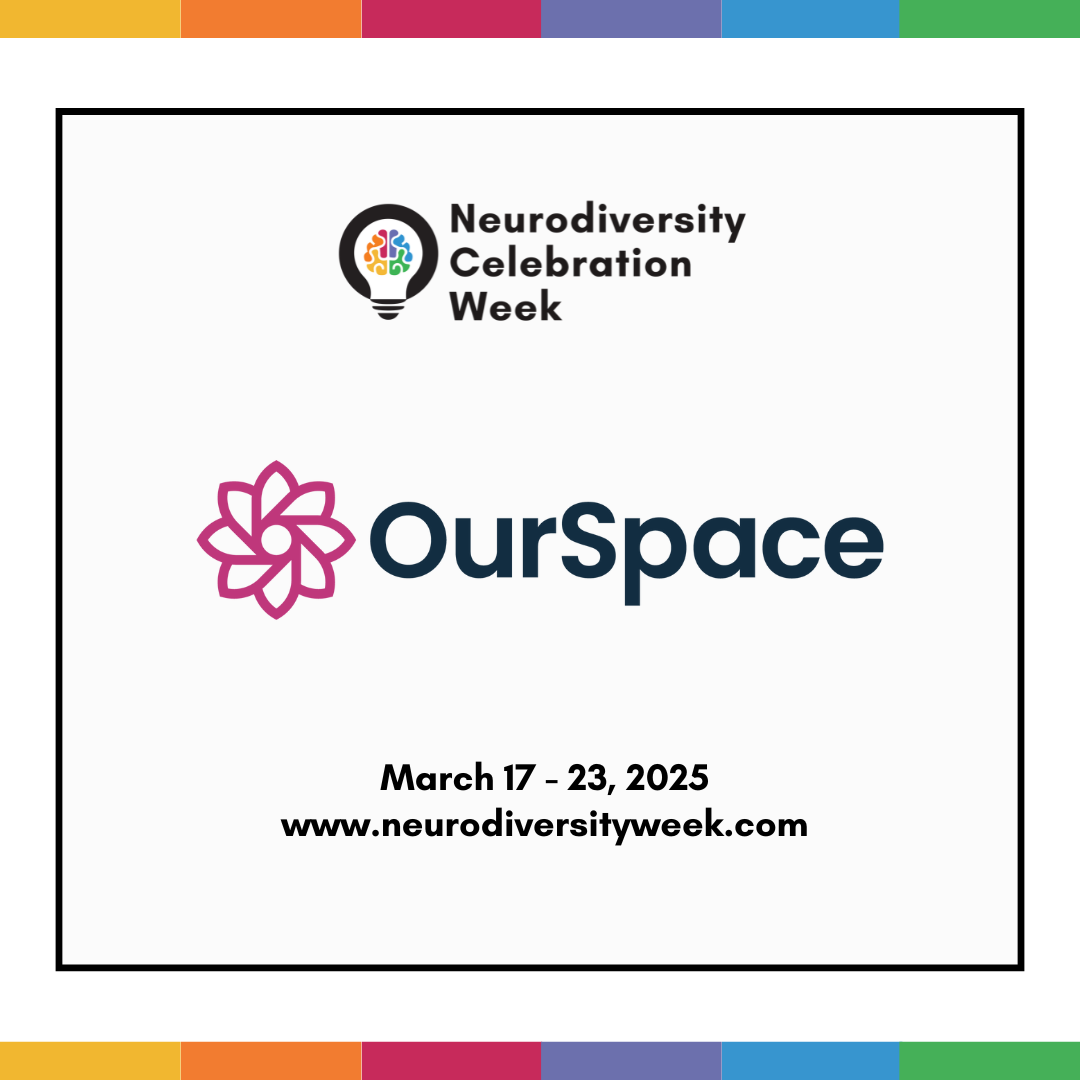Neurodiversity Celebration Week 2025
When it comes to inclusion, neurodiversity refers to a world where neurological differences are recognised and respected as all other human variations. Depending on how our brains are wired we think, move, process information and communicate in different ways. Many people in our community use neurodiversity as an umbrella term used to describe alternative thinking […]

